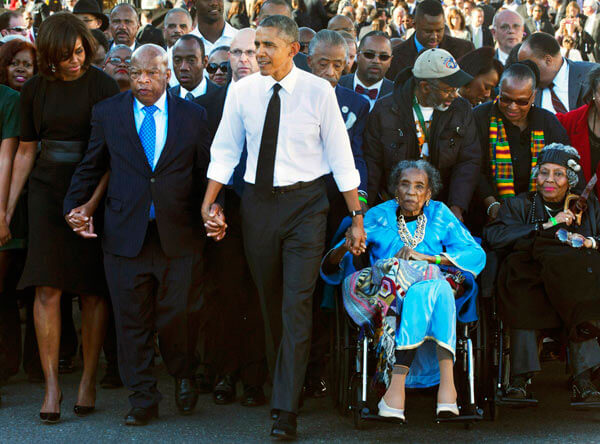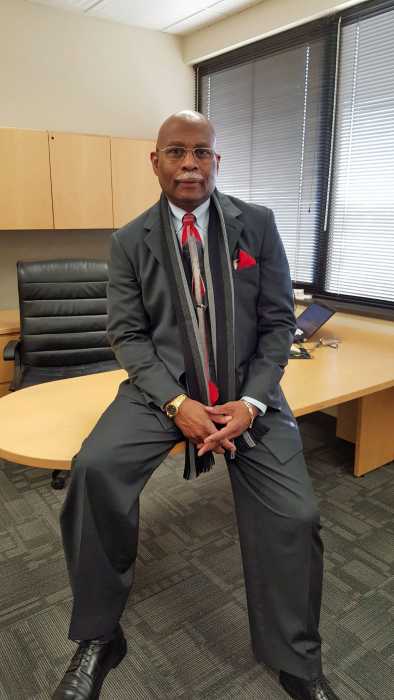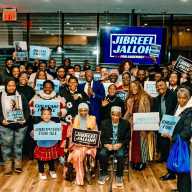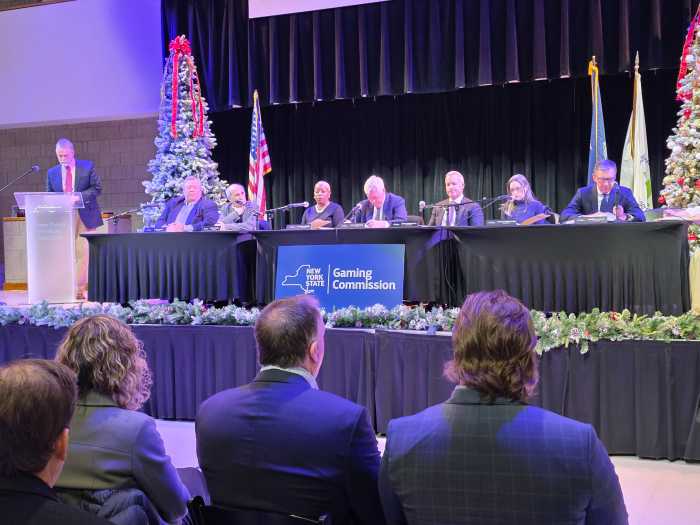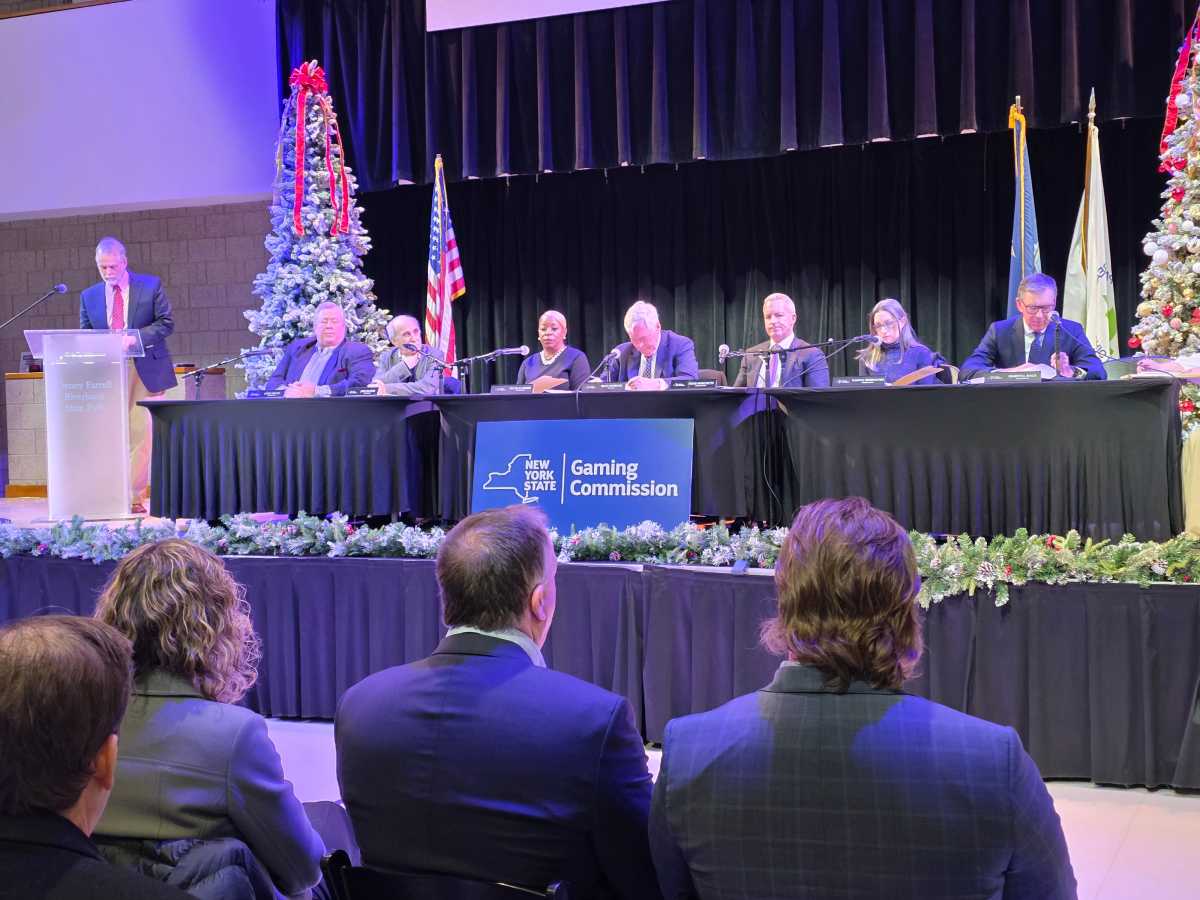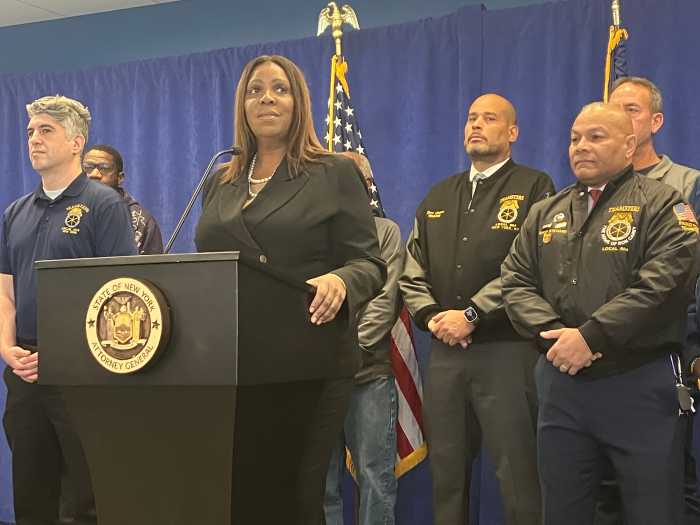It is now permanently recorded in American history that 98 percent of women in Alabama denied Republican Roy Moore a seat in the United States Senate.
The outcome was tight, close to the very end of the special elections, amidst mounting allegations of sexual misconduct and a whole slew of accusations from purportedly exploiting youths — now adult white women, the Donald Trump — endorsed replacement for Jeff Sessions in the reddest of red territories in America did not prevail.
One year ago, Trump swept the state winning Alabama by nearly 30 points.
But that was 2016.
Politics has changed in 2017 and the race and gender combination factored heavily.
Perhaps after 25 years of losing in Alabama, the underserved populous has mobilized and successfully placed Methodist Democrat Doug Jones into national spotlight.
It was no easy task.
Republicans claimed the blood-red, conservative strong-hold, dominating the political agenda for a quarter of a century.
For a segment, business as usual was the order of the day, white women turned out in droves to elect the alleged child molester and sexual predator.
Sixty-three per cent of white women were willing to overlook all the damning allegations in order to put Moore in charge.
Among evangelical white women, the number was even higher, 76 percent showed up at the polls to ensure a Moore perfect union. (sic)
But for the formerly under-represented women, Dec. 12 presented an opportunity for change and a moment to reclaim their time.
Alabama has been notoriously associated with embracing voter suppression, gerrymandering, and economic disenfranchisement.
Bloody Sunday in Selma occurred there 52 years ago.
In 1963, while confined in a Birmingham city jail, Dr. Martin Luther King Jr. wrote his now-famous “Letter from a Birmingham Jail.”
“I am in Birmingham because injustice is here …I am cognizant of the interrelatedness of all communities and states. I cannot sit idly by in Atlanta and not be concerned about what happens in Birmingham. Injustice anywhere is a threat to justice everywhere.”
That same year on Sept. 16, the 16th Street Baptist Church was bombed.
It was regarded as an act committed by white supremacists.
Described by Dr. King as “one of the most vicious and tragic crimes ever perpetrated against humanity,” the explosion at the church killed four girls and injured 22 others.
Reportedly, four members of the Ku Klux Klan planted at least 15 sticks of dynamite attached to a timing device beneath the steps located on the east side of the church.
George C. Wallace was a four-time governor of Alabama and three-time presidential hopeful. His legacy is best remembered for his 1960s segregationist politics.
“In the name of the greatest people that have ever trod this earth, I draw the line in the dust and toss the gauntlet before the feet of tyranny, and I say segregation now, segregation tomorrow, segregation forever.” —George C. Wallace
Wallace ruled Alabama and some would say his governance crossed borders to influence red states throughout the south.
Ultimately he was shot and spent his last years in a wheelchair. He died in Montgomery, Alabama, on Sept. 13, 1998 at the age of 79.
Dr. King’s home in Alabama was bombed twice.
The first bombing took place on Jan. 31, 1956 when King’s wife Coretta was at home with her 10-week-old infant daughter, Yolanda. They survived unharmed but the following year the house and its occupants were again targeted when a bomb went off on the front porch in February 1957. No one was home at the time. The perpetrators were eventually caught but despite their signed confessions, all seven were acquitted.
Jones was just two years old then.
And by the time of his 40th birthday, the attorney, politicians and federal prosecutor secured a string of high-profile prosecutions, including those of a pair of the KKK criminals who bombed the Baptist church in Birmingham.
Jones made history becoming the first Democrat from Alabama to win a senate seat in more than two and a half decades.
On the night of his historic victory, he struggled to find words.
“I’ve been waiting all my life, and now I don’t know what the hell to say,” Jones told the crowd. After taking a moment to collect his thoughts he announced that it was also his twenty-fifth wedding anniversary.
“We have shown the country the way we can be unified,” he said.
“This campaign has been about dignity and respect. It’s been about the rule of law. It’s been about common decency and making sure everyone in this state, regardless of the zip code you live in, gets a fair shake in life.”
“They have told me time and again that this race is a long shot,” Jones said.
“Well, folks… When you are on the right side of history and the right side of justice, you can do anything.”
He closed by quoting Martin Luther King, Jr.: “The moral arc of the universe is long, but it bends toward justice.”
Helped by endorsements from former President Barack Obama who recorded an automated telephone call to Alabama households, Jones’ campaign enlivened when the much-missed leader urged the public to vote for his choice.
“This one’s serious,” the first Black commander in chief said.
“You can’t sit it out.”
Senior Democrats also echoed similar sentiments.
Among them, the revered John Lewis, the civil rights leader who was one of the original Freedom Riders that joined Dr. King in leading the protest march from Selma to Montgomery.
New Jersey Senator Cory Booker, a potential 2020 presidential candidate traveled to Alabama to campaign for the underdog.
“I’m here to try and help some folk get woke. Democracy is not a spectator sport.”
“We’ve got to stop looking like idiots,” former NBA star Charles Barkley said at a Jones rally. Up south campaign practices reached down south in the era of Trump.
For the past two years, Steve Bannon had been calling the shots for the Republicans. Regarded as a spin doctor, campaign strategist, wizard and winner he focused on Alabama hurling hostility, nationalism and a version of Trump’s rhetoric to “Make America Great Again.”
On the first day of Chanukah, Jones won the special election by defeating Bannon and his gun-toting candidate Roy Moore.
Jones won the election with 49.9 percent of the vote, while the man who endorsed slavery saying how great family life was under those years received 48.4 percent.
Write-in candidates accounted for 1.7 percent of votes in the race.
From all reports, Barkley was seen dancing to “Sweet Home Alabama,” grinning throughout.
For Black women, it was a resounding victory over suppression.
Taking a page from California democrat Maxine Waters who shut down long-winded responses from Treasury Secretary Steve Mnuchin during a House Financial Services Committee hearing in the summer confronting him with a procedural interruption that went viral saying “I am reclaiming my time” Black women in Alabama did just that.
They did not stall they pounded the pavement, campaigning for the champion that triumphed over the KKK.
“Black women are superheroes,” a statement said.
Issuing a warning to their white counterparts they believe exploit their rights they added “Black women are not political mules to be used every time a mediocre white candidate needs to win.”
In a letter that went viral on social media, a message stated “Dear America, we will always save your ass because at the end of the day, we live here and love this country, even if you don’t always love us back.”
Acclaimed to be the backbone of the Democratic Party, undeniably Black women firmly placed Jones in the Senate.
“Black women will save America from itself” the message added.
Black women are determined to make their mark empowering change.
Catch You On The Inside!


